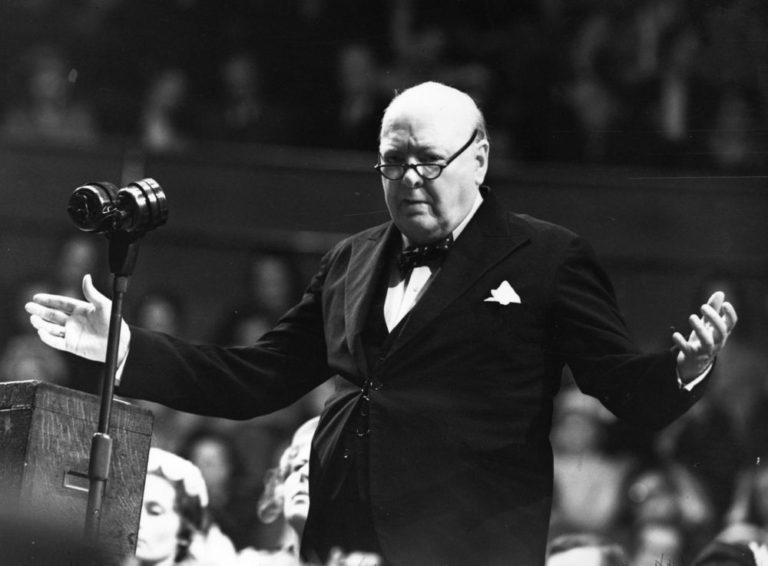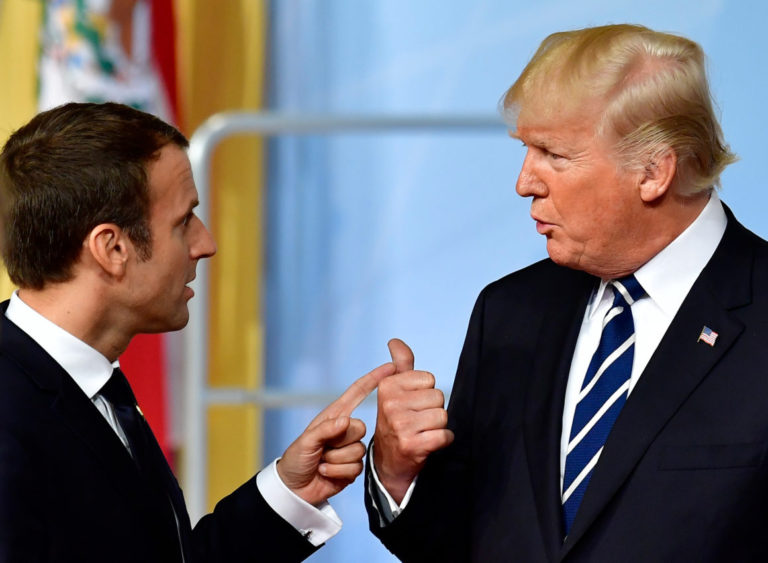
Throughout his 2024 presidential campaign, Donald Trump has spoken on the Gaza crisis in sharp, polarizing terms. The Israel-Hamas war is a “fight against terrorism” in Trump’s view, and his reelection to the White House will change how the United States approaches the conflict in ways that could drastically shift relations throughout the Middle East. His administration previously revolutionized U.S. foreign policy and, moving forward, will dictate how the conflict in Gaza is going to be concluded — or more likely, continued.
His record speaks for itself. During its first term, the Trump administration heavily favored Israel in its foreign policy through various bold actions. The Abraham Accords, Trump’s major foreign policy accomplishment, increased Israel’s diplomatic ties with Arab nations by normalizing relations between Israel and the U.A.E. and Bahrain, both of which formally recognized Israel’s sovereignty. However, it did not resolve the fundamental issues causing the Israeli-Palestinian conflict: the status of Jerusalem, the Palestinian refugees’ right of return, the growth of Israeli settlements, and the continuous blockade of Gaza. It was evident that his administration had no interest in serving as a fair mediator when Trump decided to move the U.S. embassy to Jerusalem and to cut off aid to Palestinian refugees, highlighting Trump’s reluctance to deal with Palestinian leadership in favor of strengthening ties with Netanyahu’s Israel and prioritizing Jewish citizens of both America and Israel.
This policy foundation will certainly be expanded upon by a second Trump administration, which would back Israel’s aggressive military operations in Gaza under the pretext of counterterrorism. Trump’s recent statements, such as his demands that Israel “finish the job,” suggest that his administration will encourage escalations that may exacerbate the already dire humanitarian situation in Gaza. Just last month, Trump stated he wanted the war to be over by the time he returns as commander-in-chief. Additionally, Trump’s appointments of GOP foreign policy hawks to his cabinet, including pro-Israel Sen. Marco Rubio as secretary of state, further demonstrate his incoming administration’s staunch support for Israel. Despite growing international censure, Netanyahu would be less restrained in pushing tough measures with backing from Trump.
However, this approach is politically questionable without Trump’s “America First” stance. His unwavering support for Israel is undeniable, but his inclination for quick fixes and dislike of drawn-out wars could lead to contradictions between rhetoric and action. Trump is impatient with the complex diplomacy required to resolve the Israel-Palestine conflict’s underlying problems, which could strain ties between the United States and Israel if Netanyahu’s plans require ongoing American support. Given Trump’s propensity for short-term benefits over long-term solutions, this tension runs the risk of making the region much more unstable than it was previously.
Trump’s return has wider ramifications than just Gaza. Regional tensions were already heightened by his first term’s tough stance on Iran, which included withdrawing from the Iran Nuclear Agreement and enforcing stricter sanctions. This combative strategy could be revived in a second term, especially in light of Iran’s backing for Hamas, potentially turning the Gaza conflict into a more serious regional emergency.
Although some find Trump’s animosity against Hamas and steadfast backing for Israel problematic or even dangerous, proponents believe it to be his humanitarian duty to protect Jewish liberty and remove terrorist governments. Fighting Hamas — a group that the U.S., E.U., and other Western states have classified as a terrorist organization — is crucial for maintaining international peace as well as Israel’s security. Supporters of Trump’s strategy highlight the historical background, saying Israel’s status as a sanctuary must be categorically upheld as Jewish people have historically endured unrelenting oppression. Accordingly, taking significant action against Hamas is presented as an act of survival rather than merely a battle. Trump’s tough position on Israel supports the idea that the humanitarian costs of passivity would exceed the dangers of forceful engagement and is consistent with a larger international consensus against terrorism.
The delicate balance between justice and peace is still precarious as the Gaza crisis develops. Trump’s rhetoric about promoting peace and putting an end to bloodshed may appeal to people tired of never-ending conflict, but his steadfast support for Israel and his erratic diplomatic tactics run the risk of escalating rather than reducing tensions. Early indications from his administration point to a one-sided strategy that will increase mistrust and spark more instability. Trump needs to go beyond empty rhetoric and implement policies that acknowledge the justifiable goals of both Israelis and Palestinians if he is sincere about pursuing peace. Anything less runs the risk of escalating a vicious cycle of hostility and violence, bringing the area even further away from peace.
The Zeitgeist aims to publish ideas worth discussing. The views presented are solely those of the writer and do not necessarily reflect the views of the editorial board.



